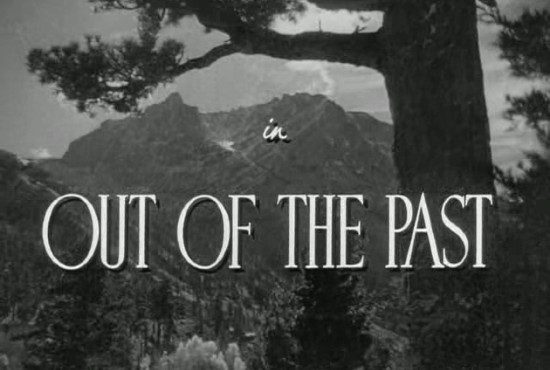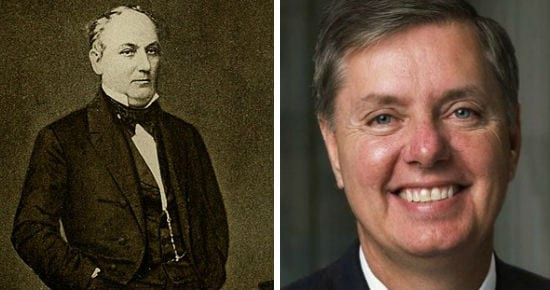Let's try another angle: Nobody likes terrorists, right?
I mean, those of us who aren't terrorists can all agree that, you know, terrorism is Bad and terrorists are Bad People, right?
I see most of you nodding but a few of you — that bunch there in the back — look worried. You're probably wondering if this is some kind of trick question.
It's not. Or at least not in the wingnut sense of pretending-everybody-I-disagree-with-is-a-terrorist-and/or-lover-of-terrorists (such as).
But the answer does depend, of course, on how we define "terrorist" — and that can be trickier than it seems at first, which may be why, four years into our country's "Global War on Terrorism," we still seem to be using the term with little more in mind than some vaguely Potter-Stewart-ish "I know it when I see it" definition.
Part of the reason a more specific, more useful definition is difficult to suss out is that different actors have an interest in keeping this term as vague as possible. Terrorists want to keep the definition unclear because they like to pretend they're not terrorists. And governments like to keep the definition unclear because they like to pretend that all of their enemies are terrorists.
This blurring of definitions has crossed over to muddle the meaning of the word "guerrilla" as well. Simple terrorists, again, like to pretend they're actually guerrilla fighters. And regimes battling actual guerrilla fighters like to pretend they're fighting simple terrorists. (This latter is unhelpful — and militarily disastrous — in that it seems to have contributed to those regimes surprised befuddlement whenever they encounter what they've taken to calling "asymmetric warfare," which ought to be entirely predictable.)
Sidenote: I have a familial stake in maintaining the distinction between guerrilla warfare and terrorism. My great, great, great, great grandfather was a captain in the New Jersey Militia while that state/colony was under British occupation. The asymmetric warfare conducted by this militia was directed, ultimately, by Gen. George Washington, who later became the namesake for a city filled with people who seem to think that this is a novel, 21st-century strategy.
Despite all this disingenuous mislabeling, the hallmark of terrorism remains clear: Terrorists kill civilians. And you're not allowed to do that.
See, for example, the precise and helpful definition of terrorism in Title 22 of the United States Code, Section 2656f(d):
The term "terrorism" means premeditated, politically motivated violence perpetrated against noncombatant targets by subnational groups or clandestine agents, usually intended to influence an audience.
The Navy Library helps clarify that term "noncombatants":
For purposes of this definition, the term "noncombatant" is interpreted to include, in addition to civilians, military personnel who at the time of the incident are unarmed and/or not on duty. … We also consider as acts of terrorism attacks on military installations or on armed military personnel when a state of military hostilities does not exist at the site.












